Common VPN security risks
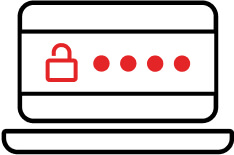
Weak authentication protocols
One of the main concerns with VPNs is the use of outdated or weak authentication protocols. VPNs that rely on older encryption methods, such as PPTP, can be easily exploited by attackers, leading to data breaches. VPN services that don’t enforce strong authentication measures put sensitive company data at risk.
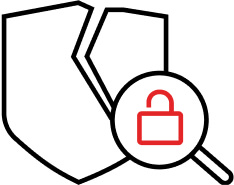
VPN endpoint vulnerabilities
VPN endpoints, both on the user’s device and within the organization, are susceptible to attack. If endpoints are compromised, it can provide attackers direct access to internal networks, bypassing traditional security measures.
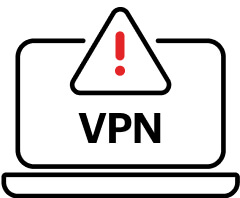
Unpatched VPN software
VPNs require regular updates to address security vulnerabilities. Failure to apply patches and updates can lead to serious vulnerabilities being exploited by attackers, allowing unauthorized access to company systems.

Data logging and privacy concerns
Some VPN providers log user activity, which can lead to privacy concerns if the logs are accessed by third parties or if the VPN provider experiences a data breach. This compromises the fundamental promise of privacy that VPNs are supposed to deliver.

DNS leaks
Even when using a VPN, there are instances where a DNS leak may occur, revealing the user's real IP address and geographic location. This can expose sensitive information, making the VPN less effective at protecting your online identity.

Misconfigured VPN servers
If VPN servers are not properly configured, they can leave an open door for attackers. Misconfiguration can result in exposure of sensitive data, IP leaks, and other vulnerabilities that make the network prone to attacks.
Use remote access software instead of a VPN
While VPNs can help secure remote work, they aren’t foolproof. Adding Zoho Assist to your security arsenal significantly enhances the protection of your systems and data, reducing the risks of VPN-related vulnerabilities. Whether you’re supporting a distributed workforce or providing remote assistance to customers, Zoho Assist’s powerful security features ensure that your remote support sessions are as secure as possible.
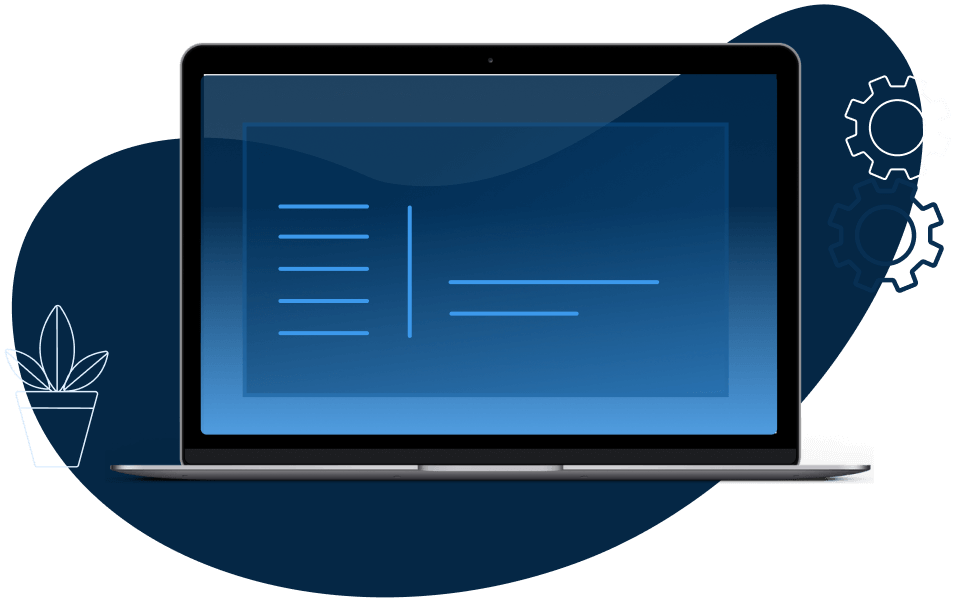
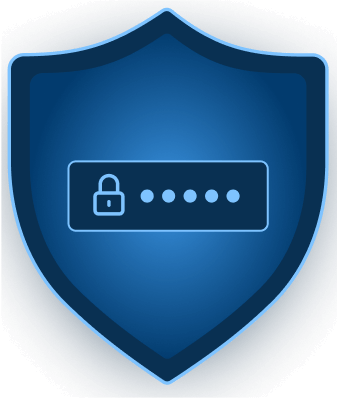
Frequently Asked Questions
Common VPN security risks include weak authentication protocols, unpatched software, endpoint vulnerabilities, DNS leaks, data logging, and misconfigured servers, all of which can expose sensitive data to potential attackers.
While VPNs help secure connections by encrypting data, they may still be vulnerable to attacks, especially if they have weak encryption, unpatched software, or misconfigured servers. Additional security measures, like using Zoho Assist for secure remote sessions, can mitigate these risks.
Zoho Assist adds extra layers of security with features like multi-factor authentication, end-to-end encryption, and no installation requirements on the client side. This helps address potential VPN vulnerabilities, such as endpoint and software risks, making remote support more secure.
Use strong authentication, limit user access, and actively monitor all sessions. Instead of broad VPN access, switch to a secure remote access tool like Zoho Assist, which provides encrypted, permission-based connections without exposing your entire network, effectively reducing your attack surface.
Zoho Assist is regularly updated to patch potential security vulnerabilities, ensuring that your remote support sessions are protected from new threats. This proactive approach helps reduce the risks associated with outdated or unpatched VPN software.
Yes, Zoho Assist provides features like session recording, audit logs, and post-session controls. These tools allow you to review and monitor session activity, ensuring that all remote support interactions comply with security standards and can be audited if necessary.



